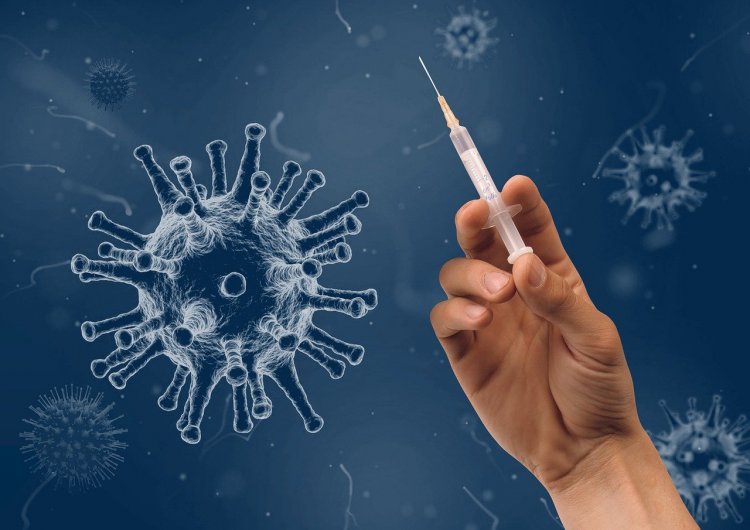USask’s VIDO begins COVID-19 vaccine clinical trials at CCfV

The first volunteers have been selected for a vaccine trial of COVAC-2, a COVID-19 vaccine developed by the Vaccine and infectious Disease Organization (VIDO) at the University of Saskatchewan (USask).
“We are excited to start clinical trials,” said VIDO Director Dr. Volker Gerdts. “Our team has worked hard to advance the development of this vaccine to help combat the COVID-19 pandemic.”
The trial was designed as a combined Phase 1/Phase 2 study. Phase 1 will vaccinate 108 healthy volunteers in a placebo-controlled study at the Canadian Center for Vaccinology (CCfV) in Halifax. Two doses will be administered to each volunteer 28 days apart.
“The goal of this trial is to help demonstrate vaccine safety in people,” said CCfV principal investigator Dr. Joanne Langley. “As part of this, we will monitor the health of the volunteers for a year after their vaccination.”
VIDO has worked on infectious disease vaccine projects with CCfV, the most recognized site in the country for vaccine clinical trials, for more than a decade.
COVAC-2 is the first of VIDO’s two subunit vaccines to enter clinical testing. Subunit vaccines contain purified viral proteins that are not infectious, and the technology is used in several commercially available vaccines—including for hepatitis, diphtheria, and whooping cough. This vaccine will not require ultra-cold storage temperatures as do vaccines based on synthetic messenger RNA or mRNA.
“I think where our protein vaccines will have an advantage is they will better protect against these new variants,” Gerdts said.
VIDO’s vaccine development efforts are financially supported by the Government of Canada through Western Economic Diversification Canada and by the Government of Saskatchewan through Innovation Saskatchewan.
“As we continue the fight against COVID-19, domestic vaccine development and production have never been more important,” Saskatchewan Premier Scott Moe said. “VIDO is a world-class organization and our government is proud to continue to support their work as they mark this significant milestone.”
Successful data from clinical trial Phases 1 to 3 are required prior to authorization for public use. Acceptable Phase 1 data will allow VIDO’s vaccine to enter Phase 2 testing involving hundreds of volunteers across Canada. The goal of the Phase 2 trial would be to examine vaccine safety and the immune response the vaccine generates in people, an indicator of how effective the vaccine could be.
VIDO’s vaccine development leveraged the expertise of several international and national partners including Seppic in France and the Vaccine Formulation Institute (VFI) in Switzerland which developed Sepivac SWE™, the adjuvant in COVAC-2. An adjuvant is an ingredient that improves the immune response of a vaccine.
The vaccine antigen, developed by VIDO, was produced under good manufacturing practices (GMP) at Quebec-based Biodextris using a cell line from the National Research Council of Canada. An antigen is a molecule that triggers an immune response.
“This milestone of reaching a Phase 1 human trial is a testament to VIDO’s world-renowned expertise in infectious disease research both for human and animal health,” said USask Vice-President Research Dr. Baljit Singh. “USask is on the forefront of vaccine development and this is another achievement in advancing VIDO as Canada’s centre for pandemic research.”
With both provincial government and federal funding, VIDO is also building a manufacturing facility that could produce up to 40 million vaccine doses per year depending upon the production efficiencies of specific vaccines. Construction is expected to be completed in late 2021, with vaccine production for facility certification planned for 2022.
What's Your Reaction?






























































































